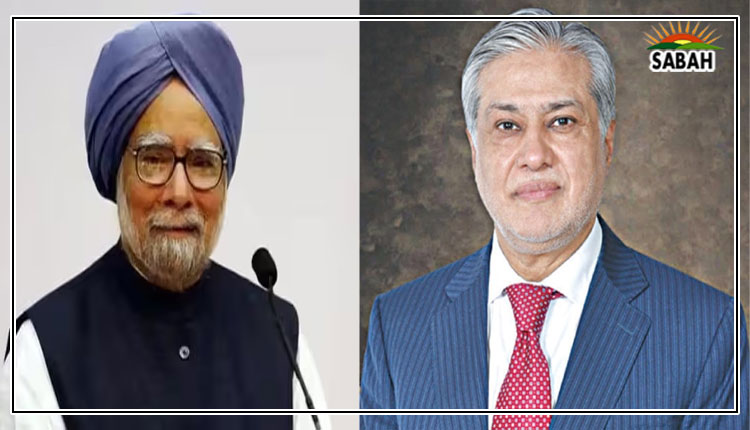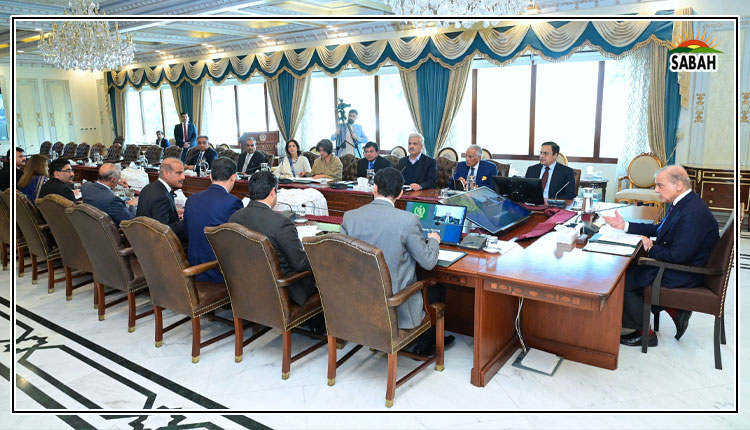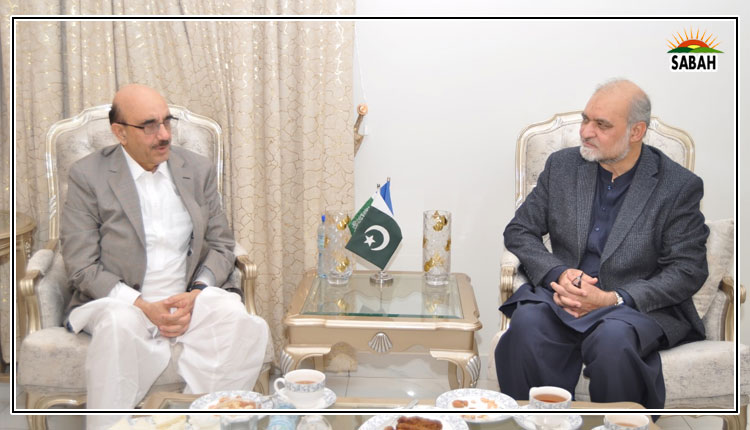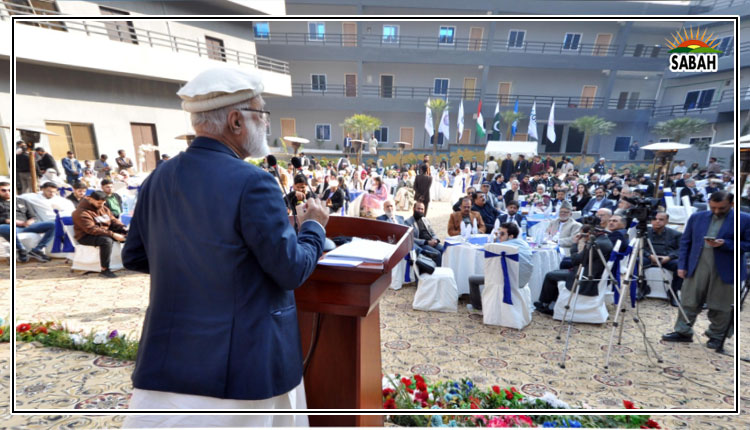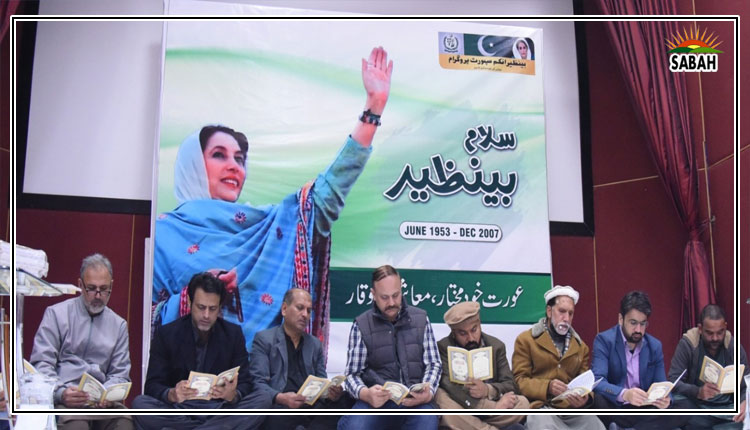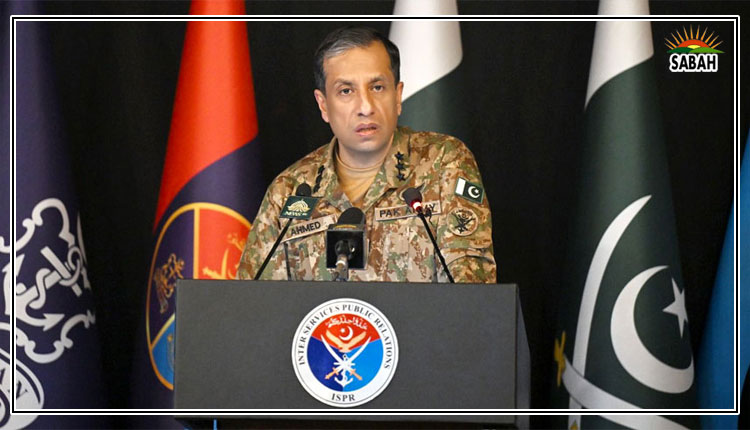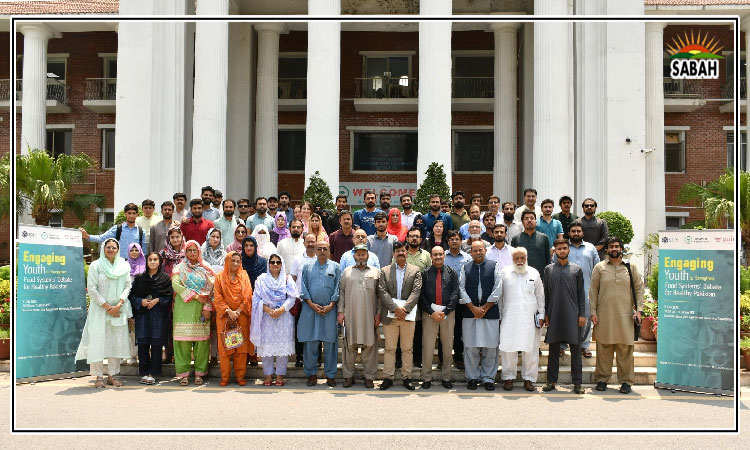Effective policies must to tackle nutritional challenges as Pakistan lacks National Nutritional Policy: Experts
RAWALPINDI, July 09 (SABAH): The experts at a seminar on Tuesday underscored that effective policies must be designed to tackle nutritional challenges, yet Pakistan lacks a National Nutritional Policy.
The Sustainable Development Policy Institute (SDPI) and GAIN organised a seminar on food security challenges faced by the country at the PMAS Arid Agriculture University Rawalpindi.
In his opening remarks, Qasim Shah, Deputy Executive Director, SDPI initiated the session by highlighting SDPI’s role in food policy and advocacy, noting that it is ranked 52nd among global think tanks and 76th among food security research institutes. He acknowledged the challenges faced by Pakistani youth, a good percent of whom are unprivileged to reach at the university level. He emphasized the importance of involving educated youth to pursue research in precision agriculture and explore the opportunities in the application of Agriculture in Artificial intelligence promoting smart agriculture in assuring food security.
Faiz Rasool Head of Policy & Advocacy (GAIN) said the food systems involve a wide range of actors, from those who grow and harvest to those who process, distribute, and consume food and agricultural commodities. These systems, which form a complex loop of diverse stakeholders, are significantly influenced by government policies and climate change, he added.
“Youth and women are crucial to the backbone of these systems. However, Pakistan lags in sustainable development goals due to insufficient investment in food and nutrition. The Global Alliance for Improved Nutrition (GAIN) collaborates with organizations like the United Nations General Assembly and the World Health Organization to address these issues,” he said.
By 2050, he said Pakistan’s population is projected to increase to 350 million, significantly raising food requirements to approximately 130 million tons. While these challenges present opportunities, international debates on agriculture and food systems, particularly involving youth and women, are essential to bridge this gap. Pakistan’s youth, constituting 64% of the population (under 30 years old) with 29% aged between 15-29, are pivotal in addressing the food crisis through education, political participation, and empowerment.
“Effective policies must be designed to tackle nutritional challenges, yet Pakistan lacks a National Nutritional Policy. The existing food security policy does not adequately highlight the roles of youth and women in nutrition and food. GAIN’s adolescent nutritional strategies emphasize the shift in dietary preferences from a young age and the role of junk food in children’s diets, leading to nutritional deficiencies. These strategies show how various food systems can regulate consumption,” he said.
In Pakistan, he said it is crucial to create a demand for safe, healthy, and nutritious food, improve economic and physical accessibility to such food, and foster an environment that supports these goals. Working with ministries and policymakers to allocate public financing is essential. Currently, over 42.3% of Pakistan’s population is moderately or severely food insecure, with 82.9% unable to secure a healthy diet. Childhood stunting, obesity, and diabetes are major issues contributing to non-communicable diseases (NCDs) in the country.
It is also highlighted that educating the children regarding nutritious food and healthy dietary choices should be done in primary and secondary schools at a developing age, government should play its part in regularizing the curriculum as well as formulating guidelines for public awareness.
Tariq Mukhtar Dean (Agriculture) of Arid Agriculture University Rawalpindi concluded by highlighting some critical issues facing Pakistan. He noted that every 15 children in the age group of five die daily, and 47% of women suffer from iron deficiency causing anemia leaving both children and women significantly undernourished.
Additionally, 82% of Pakistan’s population lacks access to a healthy diet. Organizations like GAIN and the Sustainable Development Policy Institute (SDPI) are actively working in policy-making and advocacy to promote nutritious food in Pakistan.



